In the ever-evolving landscape of cryptocurrencies, a groundbreaking concept is reshaping how communities organize, govern, and manage assets in the digital age. This concept is known as a DAO, or Decentralized Autonomous Organization. Imagine a group of people scattered across the globe, strangers to each other, yet collectively holding pieces of a digital key that unlocks a new era of finance and governance. Far from traditional corporations with their layers of executives, boards, and bureaucracy, DAOs offer a transparent, democratic, and automated way to make decisions and manage resources.
In this comprehensive guide, we’ll explore what a DAO is, how it works, its benefits and downsides, practical use-cases, and some well-known examples that illustrate the power and potential of this innovative organizational model.
Table of Contents
- What Is a DAO?
- How Do DAOs Work?
- Benefits of DAOs
- Challenges and Risks of DAOs
- Practical Use-Cases of DAOs
- Examples of Well-Known DAOs
- The Future of DAOs: Empowerment, Transparency, and Community
- Frequently Asked Questions (FAQ)
What Is a DAO?
A DAO, or Decentralized Autonomous Organization, is a new form of digital community that operates without a centralized leadership or traditional hierarchical management. Unlike conventional companies with CEOs, boards of directors, and complex decision-making structures, a DAO is run by its community members who share common goals and agree to follow rules encoded in smart contracts on a blockchain.
These smart contracts are self-executing pieces of code that automatically enforce the rules of the organization without the need for external oversight. This creates an environment that is both trustless and transparent — every action, vote, and transaction is recorded on the blockchain and open for anyone to verify.

The Origins and Purpose of DAOs
Why were DAOs created? The answer lies in the frustration many people feel towards centralized systems where decisions are made behind closed doors, often without input from the wider community. Imagine tired employees or citizens excluded from meaningful participation, stuck with decisions made in smoke-filled boardrooms or distant conference calls.
DAOs were designed to provide a fair and transparent alternative that empowers individuals by eliminating middlemen and concentrating power in the hands of the community. They enable collective decision-making, asset management, and resource distribution without interference from a central authority.
How Do DAOs Work?
Traditional organizations operate with clear hierarchies: managers, departments, and chains of command. Employees have defined roles, and decision-making power is concentrated at the top. Think of a typical office environment, like the one depicted in the popular series The Office.
In contrast, a DAO resembles a band of tech-savvy pioneers in a digital Wild West, fed up with corrupt sheriffs, exploitative banks, and unjust systems. These pioneers come together to form their own community governed by rules and objectives encoded on a blockchain ledger.
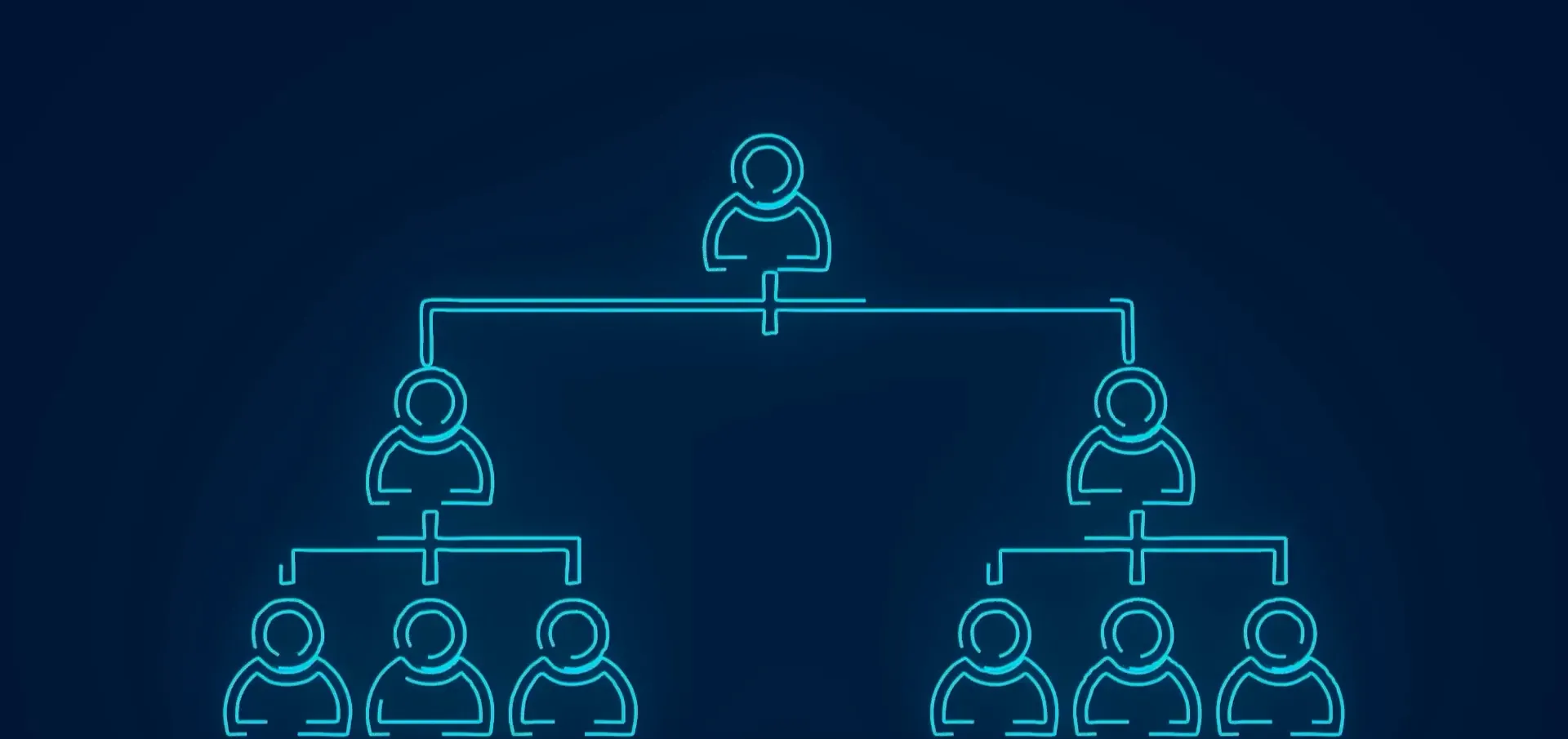
Member Participation and Voting
Members of a DAO, scattered worldwide, gather digitally to propose ideas and share visions — much like suggesting a movie night with friends. However, instead of a casual show of hands, decisions are made through digital votes recorded by smart contracts.
But not all voices carry equal weight. In most DAOs, your influence depends on your stake, represented by DAO tokens. These tokens work like a local currency within the community, symbolizing ownership and voting rights. The more tokens you hold, the greater your voting power.
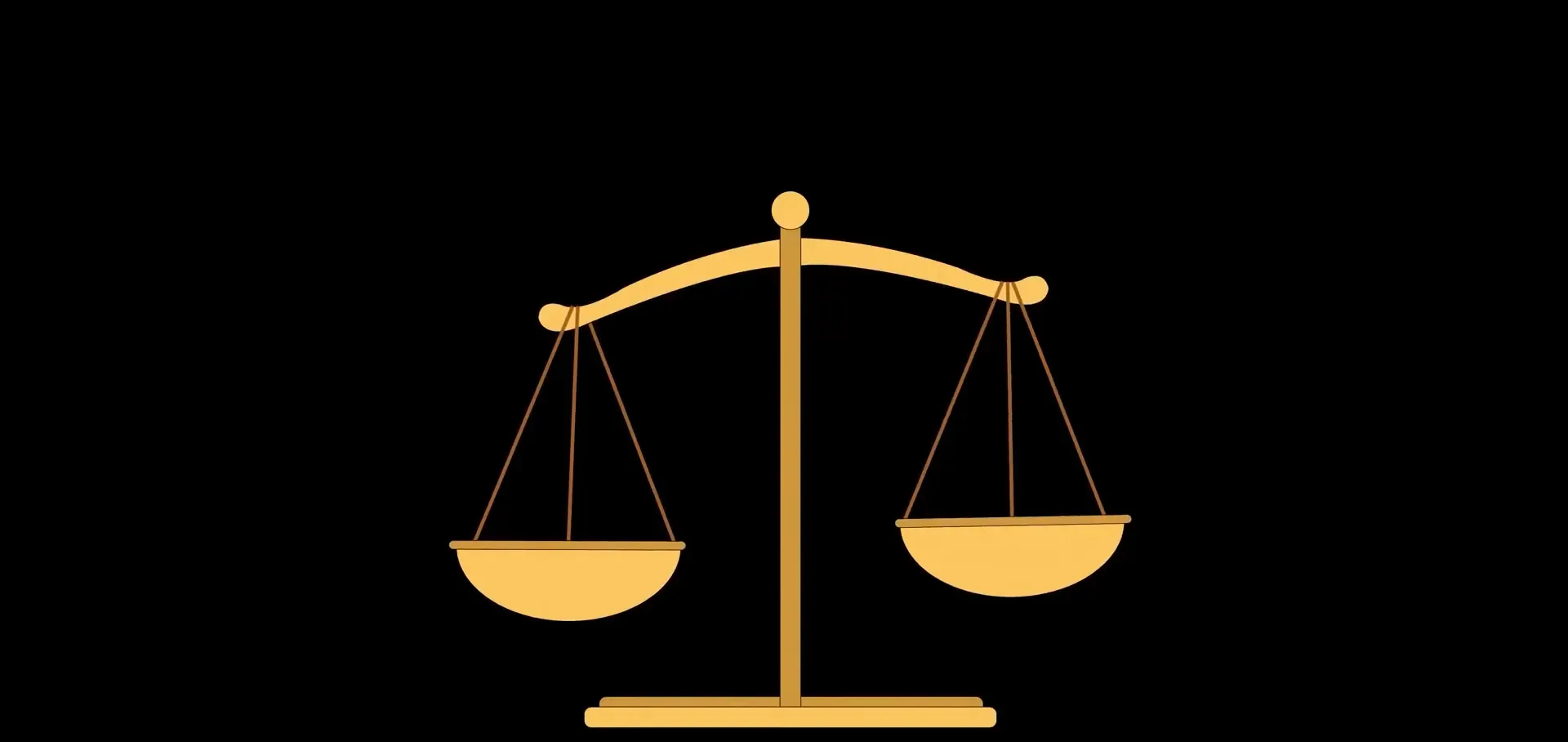
Decision-Making and Automation
Most DAOs operate on a simple majority rule: the proposal with the most votes wins. For example, if a DAO is focused on local development, members might propose projects such as building a park or launching a community art initiative. Once a proposal gains sufficient support, it is automatically approved by the smart contracts.
This automation means there’s no need to wait for traditional bureaucratic processes like city council meetings. Funds are released from the DAO’s treasury, and necessary resources are distributed instantly and transparently, showcasing the power of decentralized autonomy.
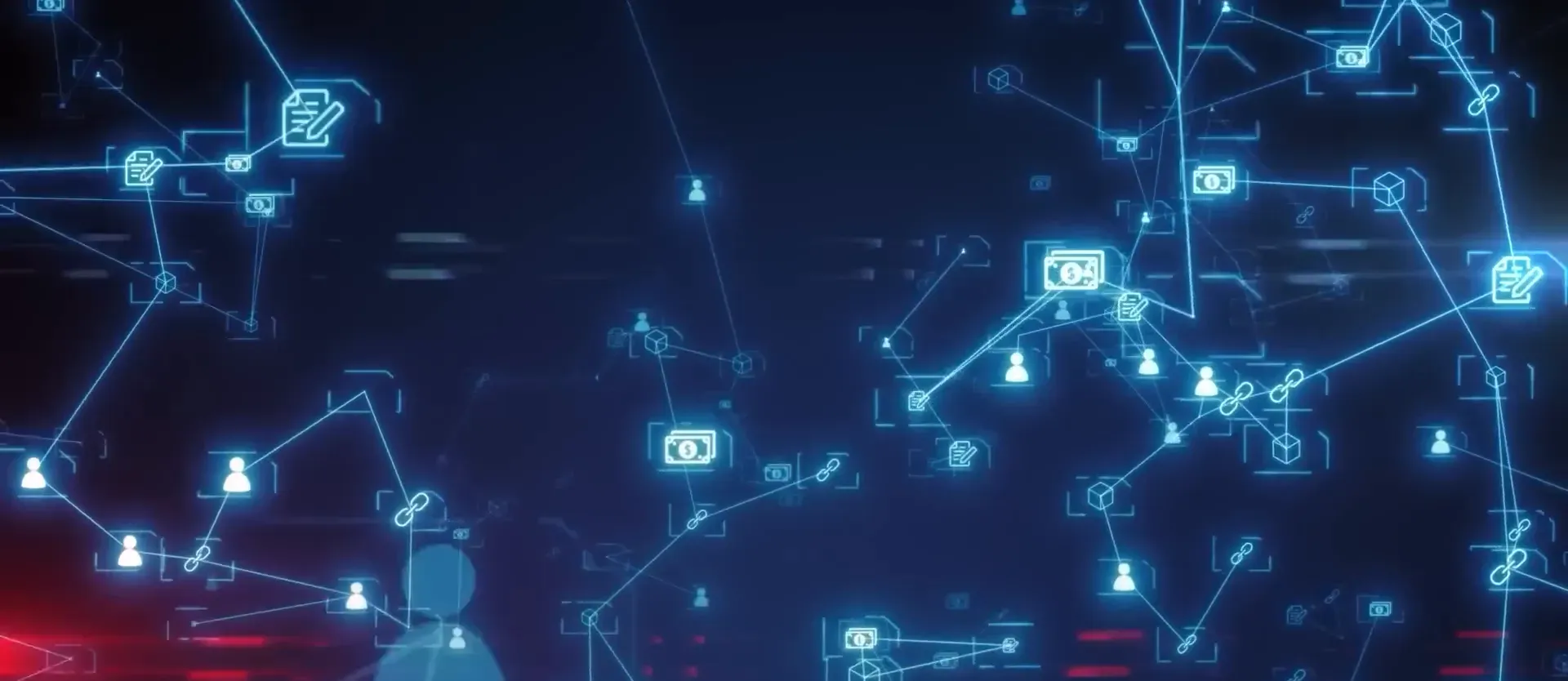
Benefits of DAOs
DAOs bring a host of advantages that make them a compelling alternative to centralized organizations. Here are some of the key benefits:
1. Trustlessness and Transparency
One of the most significant advantages of DAOs is their trustless nature. Every decision, transaction, and movement of funds is permanently recorded on the blockchain, visible to all. This public ledger makes shady dealings incredibly difficult to hide and builds trust among members without requiring intermediaries.
In traditional systems, you often need to trust bankers, lawyers, or executives to enforce agreements and oversee transactions. In DAOs, these roles are replaced by smart contracts — self-executing programs that operate independently of human intervention. Even if key contributors leave or funding dries up, the DAO continues functioning as programmed.
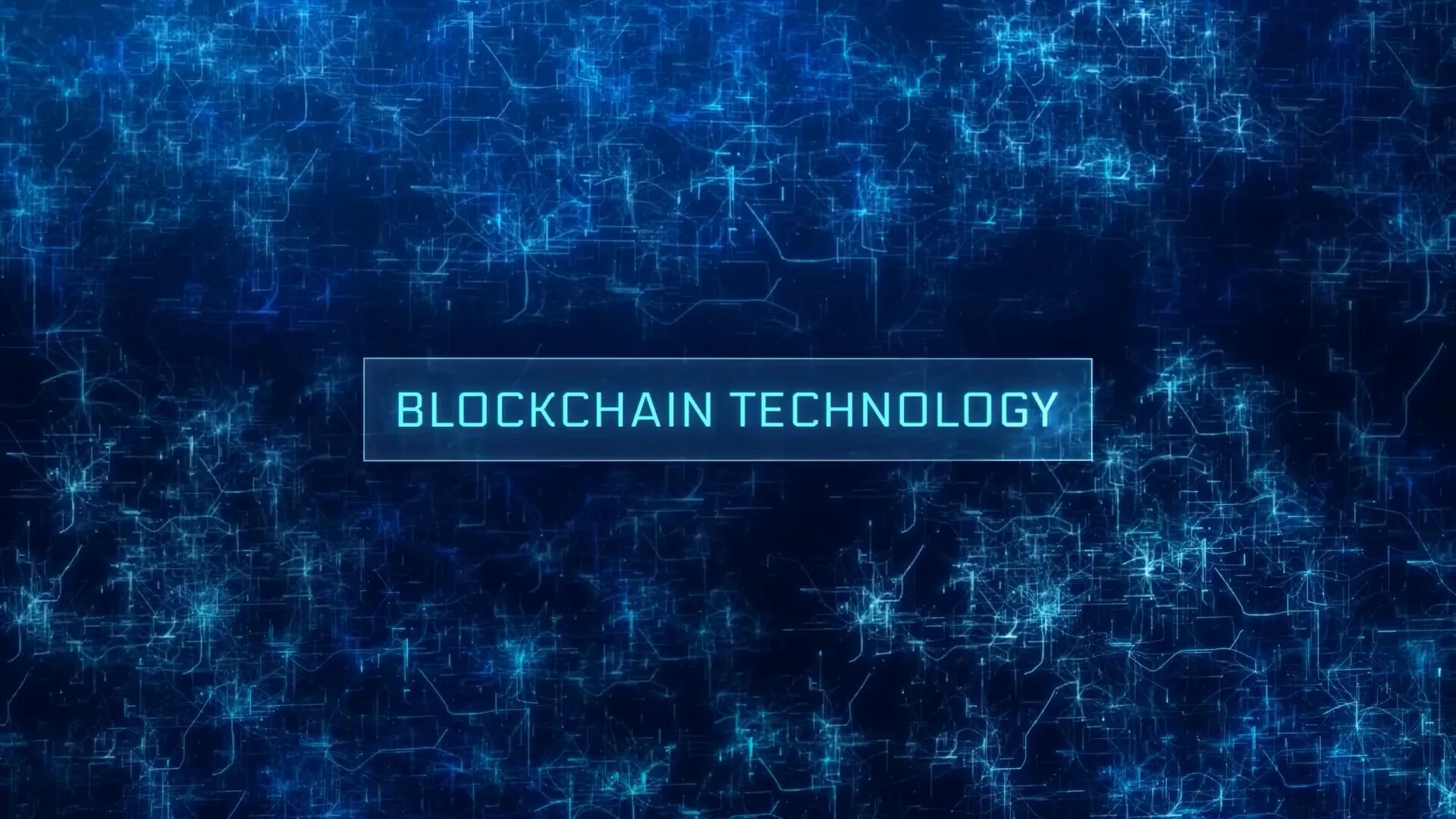
2. Inclusivity
DAOs are inherently inclusive. It doesn’t matter where you live, who you know, or how wealthy you are — your voice can be part of the decision-making process. While voting power is tied to tokens, the barrier to participation is often lower than in traditional organizations, allowing a broader range of contributors to engage.
3. Resistance to External Interference
Unlike traditional companies that can be controlled, censored, or shut down by authorities, DAOs operate on decentralized tokens. Unless an external party owns enough tokens to influence votes, they cannot impose control. For example, a government agency like the FBI cannot force decisions if it doesn’t hold a majority stake in the DAO.
4. Efficiency and Reduced Bureaucracy
Centralized organizations often suffer from layers of bureaucracy, intermediaries, and slow decision-making processes. DAOs cut through this red tape by automating governance with smart contracts, speeding up approvals, fund disbursement, and project implementation.
Challenges and Risks of DAOs
Despite their promise, DAOs are not without challenges. It’s important to understand the potential downsides and risks involved.
1. Malicious Proposals
Just as communities come together for good, there can be bad actors who seek to exploit the system. Malicious proposals might appear beneficial on the surface but are designed to siphon funds or disrupt operations. This duality means that the power of collective decision-making can also be wielded harmfully.
2. Code Vulnerabilities
The entire DAO infrastructure relies on the security of smart contracts. If the code contains bugs or vulnerabilities, hackers can exploit these flaws, potentially leading to significant financial losses or governance breakdowns.
A famous example is The DAO hack in 2016, where an attacker exploited a vulnerability in the original DAO’s smart contract to drain millions of dollars worth of Ether. This incident led to a contentious hard fork of the Ethereum blockchain, resulting in the creation of Ethereum Classic alongside the main Ethereum chain.
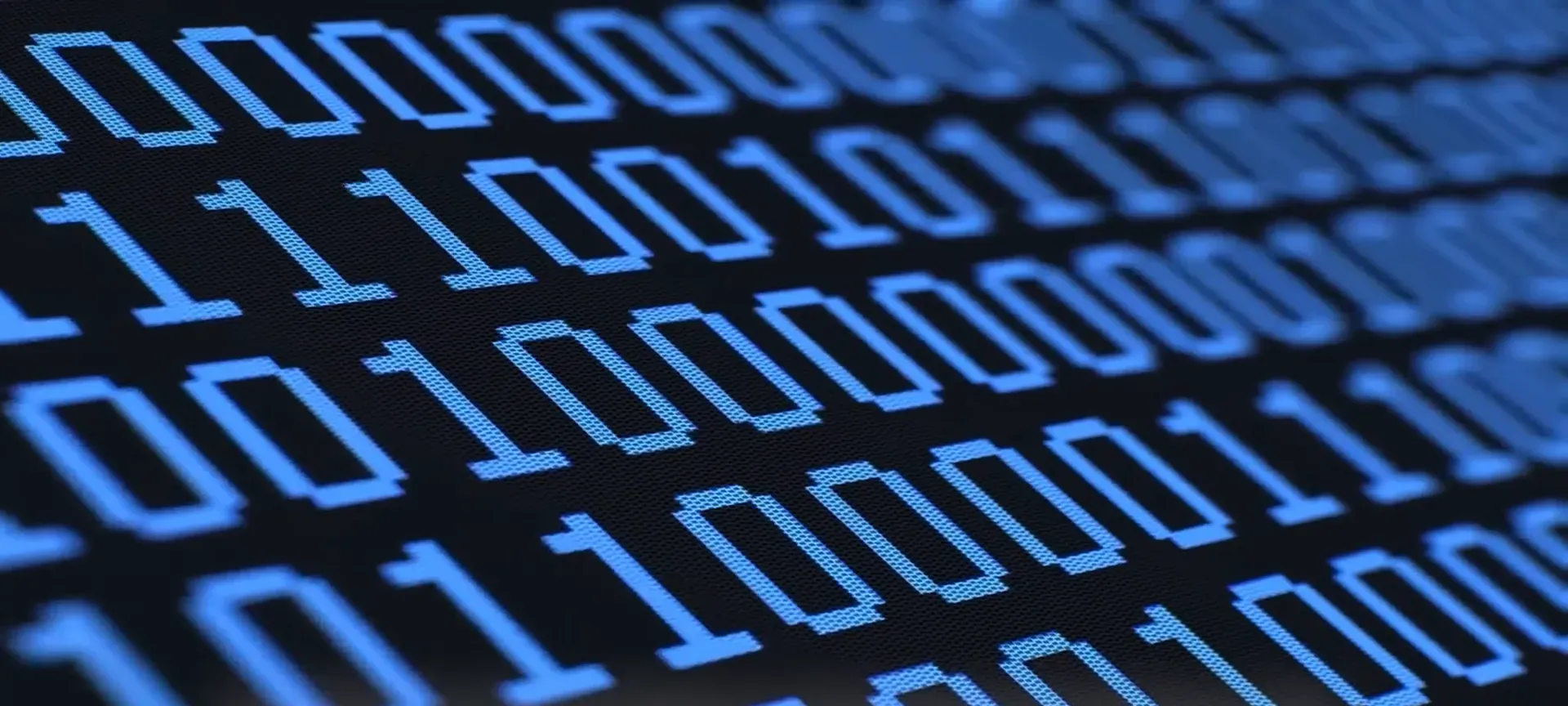
3. Token-Based Voting and Centralization Risks
While DAOs aim to be decentralized, the token-based voting system can sometimes lead to centralization of power in the hands of wealthy participants. Those holding large numbers of tokens have disproportionately greater influence, which can undermine the democratic ideals of the DAO.
Practical Use-Cases of DAOs
DAOs are not just theoretical constructs; they are actively being used in various fields to enable decentralized, fast, and democratic organization. Here are some prominent examples:
1. Decentralized Finance (DeFi)
DAOs have paved the way for decentralized finance platforms — digital banks without bankers. They govern lending platforms, decentralized exchanges, and other financial services where users can borrow, trade, and lend cryptocurrencies without relying on traditional banks.
2. Arts and Entertainment
Creative communities such as artists, musicians, and content creators use DAOs to form digital collectives. These collectives operate like bands or ensembles, collaboratively making decisions and sharing profits without the need for intermediaries like record labels or publishers.
3. Decentralized Identity
DAOs can also serve as digital passports, enabling users to manage and control access to their personal information securely and transparently.
Examples of Well-Known DAOs
Several DAOs have gained prominence, illustrating different facets of this organizational model:
The DAO (Original)
The original DAO launched on Ethereum in 2016 aimed to fund projects through community voting. However, it became infamous due to a critical vulnerability that was exploited, resulting in a major hack and a split in the Ethereum blockchain. This event remains a cautionary tale about the importance of secure coding and governance.
Aavegotchi DAO
Aavegotchi DAO manages the Aavegotchi NFT game, allowing players to propose, vote on changes, and guide the game’s development. This DAO exemplifies how decentralized governance can bring a sense of ownership and community to digital gaming.
Aragon
Aragon is a technology platform that enables anyone to create their own DAO. It acts like a factory producing “beehives” of DAOs for various purposes, from community governance to business operations, democratizing access to DAO creation tools.
The Future of DAOs: Empowerment, Transparency, and Community
DAOs represent a breath of fresh air in a world traditionally dominated by centralized control. These pioneering, slightly roguish digital heroes empower people to make collective decisions, govern assets, and shape their digital destinies.
At their core, DAOs embody a tale of empowerment, transparency, and community — where everyone can have a say in the grand adventure of the decentralized future.
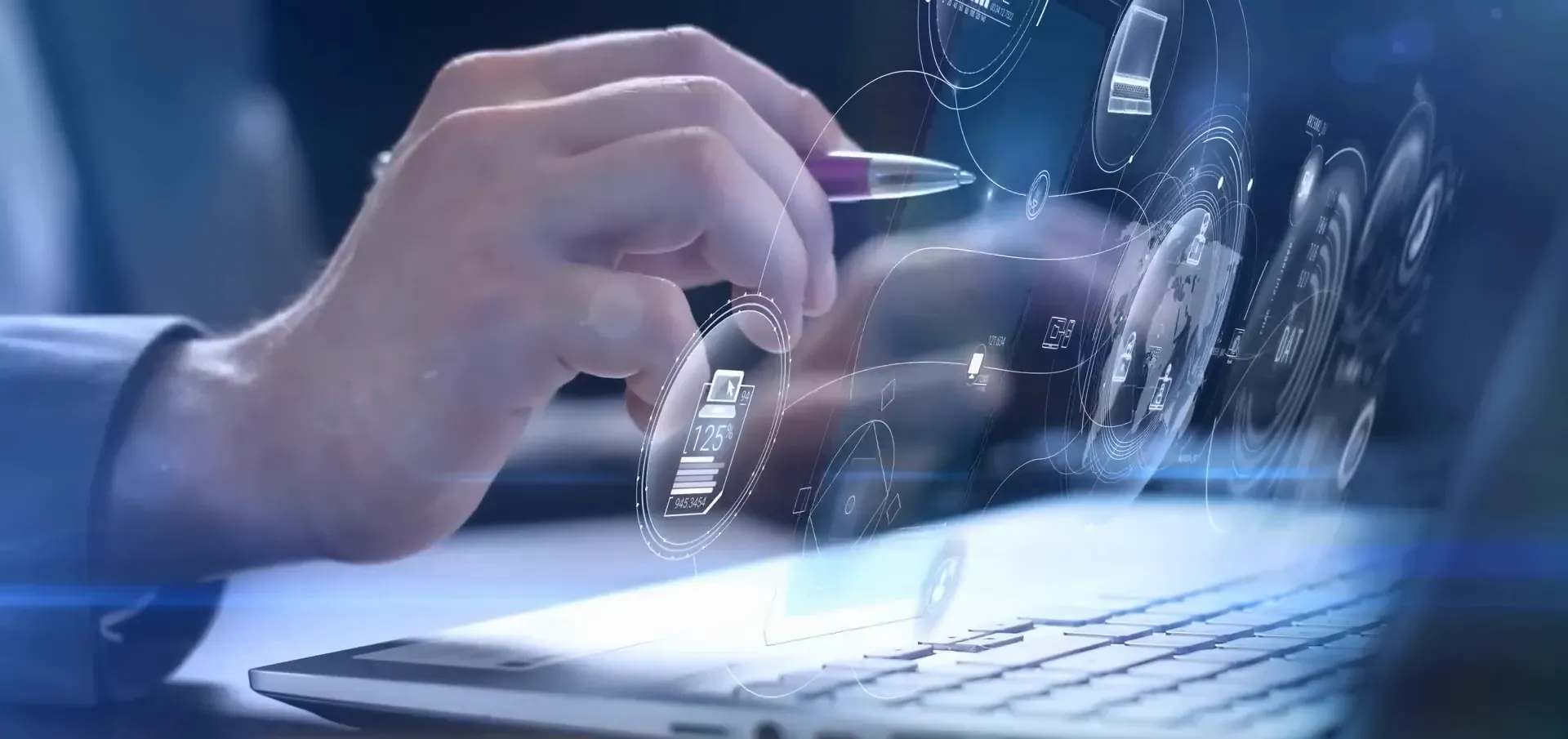
Frequently Asked Questions (FAQ)
What is a DAO in simple terms?
A DAO, or Decentralized Autonomous Organization, is a digital community that operates without centralized leadership. It uses blockchain-based smart contracts to automate governance, allowing members to propose and vote on decisions transparently and democratically.
How do members vote in a DAO?
Members vote using DAO tokens, which represent their stake in the organization. The number of tokens a member holds determines the weight of their vote. Decisions are usually made by majority rule.
Are DAOs safe from hacking?
While DAOs use secure blockchain technology, they are only as safe as the smart contract code they run on. Vulnerabilities in the code can be exploited, as seen in the 2016 DAO hack. Therefore, thorough auditing and security measures are essential.
Can governments shut down a DAO?
DAOs operate on decentralized tokens and blockchains, making them resistant to external control. Unless a government or external entity holds enough tokens to influence votes, they cannot directly control or shut down a DAO.
What are some real-world applications of DAOs?
DAOs are used in decentralized finance (DeFi), digital art and entertainment communities, decentralized identity management, and many other fields where transparent, democratic governance is valuable.
How can I join or create a DAO?
You can join existing DAOs by acquiring their tokens or participating in their communities. To create a DAO, platforms like Aragon provide tools to set up your own decentralized organization tailored to your goals.


